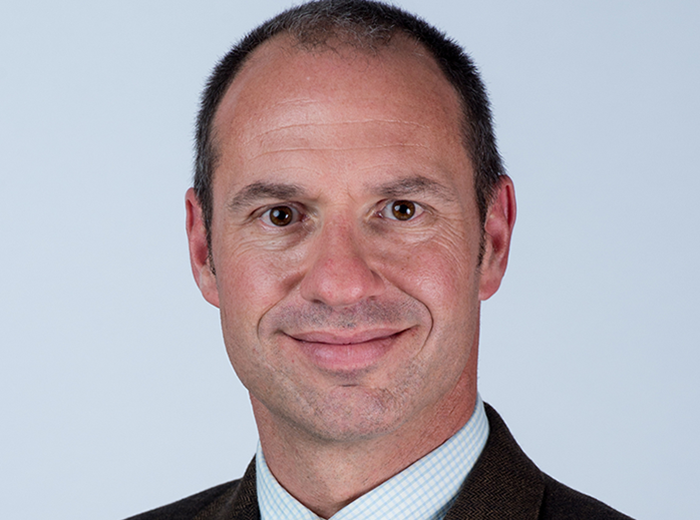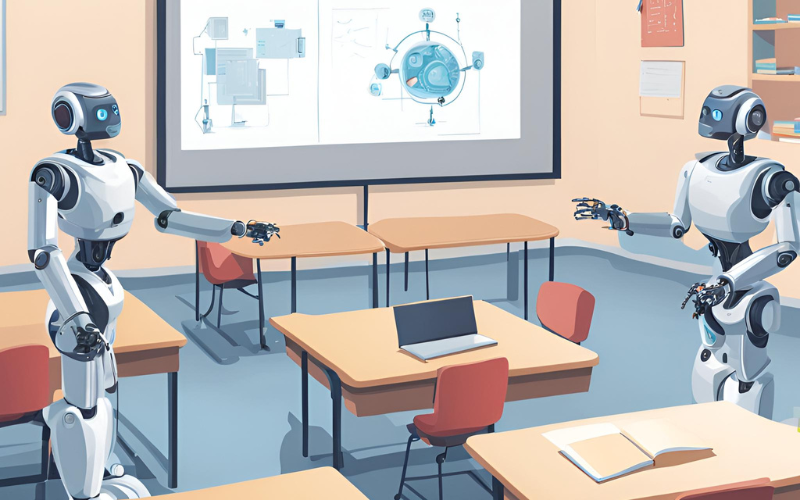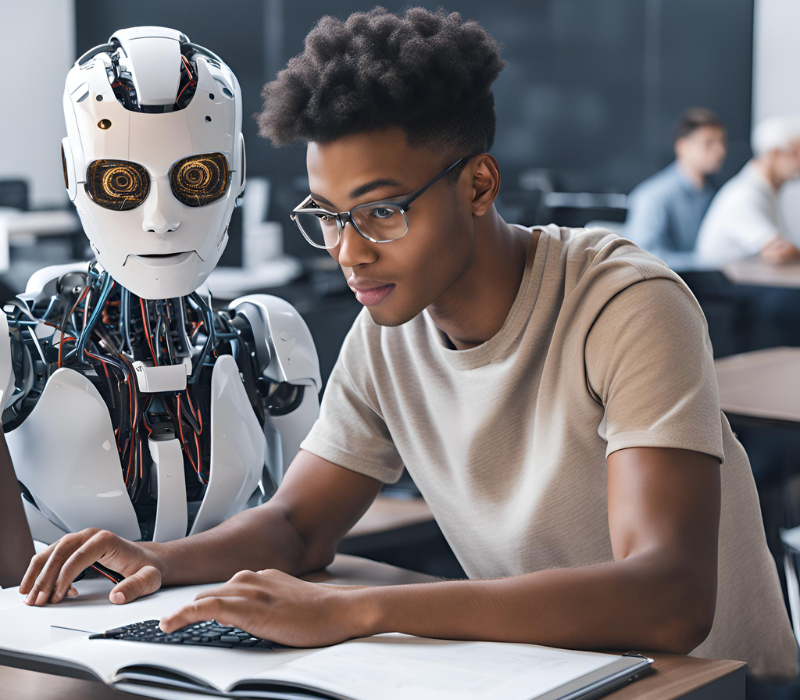 Guest Post by Dr. Danny Welsch
Guest Post by Dr. Danny Welsch
Interim Dean, School of Science, Technology, Engineering, and Mathematics
APUS showcased a variety of faculty research and innovation at the Policy Studies Organization’s recent 10th annual Dupont Summit in Washington, D.C. The Summit is a highly interdisciplinary gathering of individuals who come together to discuss issues related to science, technology, and the environment, and this year’s conference proved to be an excellent event for APUS faculty to showcase the advances in online higher education about which we are most passionate.
The historic Whittemore House served as the venue, allowing for small and intimate presentations to occur, with easy conversations and dialogue. APUS President Dr. Wally Boston provided opening remarks, followed by panel presentations from APUS faculty across the Schools of STEM, Business, and Security and Global Studies.
Dr. David Syndergard, Space Studies faculty, provided an overview of the APUS Observatory and how it is used for student and faculty research on stellar photometry, which involves making detailed measurements of star brightness over time. A regular dimming of a star may indicate the presence of an undiscovered planet in orbit. Another student project is examining RR Lyrae variable stars, which can be used to determine the distance of deep space galaxies from Earth.
Dr. Jim Brinson, a biochemist and Natural Sciences faculty member, presented his work on the efficacy of virtual labs, with a focus on education policy. He studied 84 undergrad non-science majors who completed a lab activity on density. Half of the group completed the activity traditionally (hands-on), and half completed the activity in a virtual lab space (on a computer). His results showed that there was no difference between the two different lab types on conceptual understanding and inquiry skills related to density. This finding independently demonstrates that our innovative online STEM lab delivery is capable of generating equal learning gains when compared to traditional lab approaches.
Dr. Brinson also joined me for a panel discussion with APUS Cyber Defense Center Director Dr. Ken Williams and Dr. Tim Boileau from the University of West Florida on how online labs and virtual learning spaces can address gaps in STEM education. For example, APUS’ fully online bachelor’s program in electrical engineering uses virtual circuit boards to effectively replicate physical lab work for students without access to traditional on-campus engineering programs.
The interdisciplinary nature of the meeting provided rich discussion and opportunities for APUS faculty to think about their work in new and different contexts. APUS is proud to be an ongoing sponsor of, and participant in, this event.











